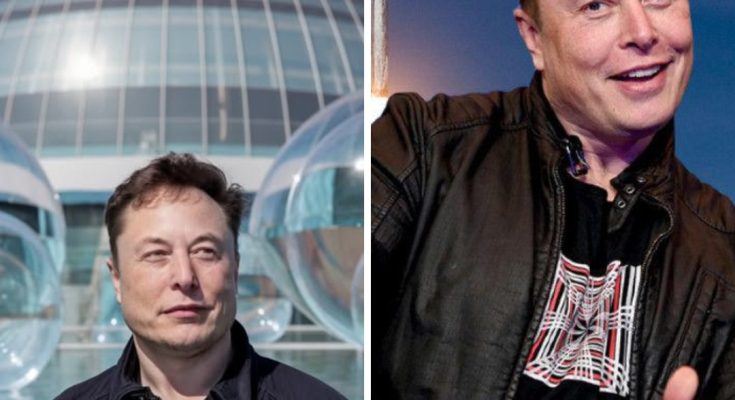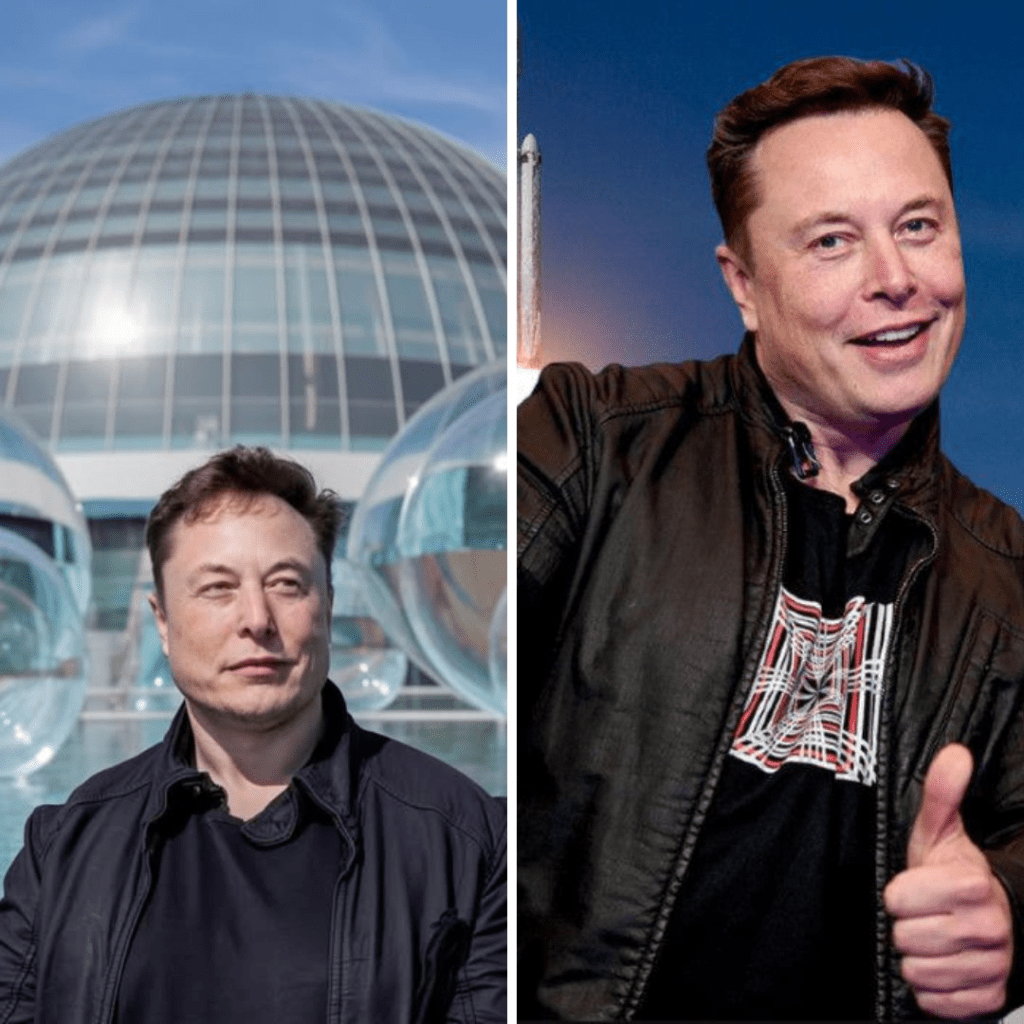
In an ambitious effort to tackle one of the most urgent global crises, Elon Musk has launched a groundbreaking $54 million competition aimed at accelerating the development of carbon removal technologies.The competition, which invites innovators from around the world to submit their best ideas for removing carbon dioxide (CO2) from the atmosphere, represents one of the largest privately funded initiatives in the fight against climate change. Musk’s challenge is not just about raising awareness; it’s about spurring innovation and bringing scalable, practical solutions to a planet that desperately needs them.The climate crisis is one of the defining challenges of our time. Rising global temperatures, extreme weather events, and sea-level rise are just a few of the consequences that are already being felt due to the buildup of greenhouse gases in the atmosphere. Among the most significant contributors to global warming is CO2, a byproduct of burning fossil fuels for energy, transportation, and industrial processes.While reducing emissions is crucial, scientists agree that we must also find ways to actively remove carbon from the atmosphere to mitigate the damage already done and avoid the worst consequences of climate change.Musk, known for his role as CEO of Tesla and SpaceX, has long been an advocate for sustainable solutions to global problems. His commitment to addressing climate change has been evident through his work with Tesla, where the company has pioneered the development of electric vehicles, solar energy systems, and energy storage solutions.However, Musk’s carbon removal competition marks a shift in focus towards tackling one of the toughest challenges: removing excess CO2 from the atmosphere in a way that is both scalable and economically viable.Elon Musk’s vision for the competition is clear:

to create a viable, scalable solution that can remove carbon from the atmosphere at a significant scale, potentially offsetting the emissions of entire industries or even nations. His $54 million prize is designed to incentivize innovators, scientists, and engineers to come up with novel technologies that can achieve this goal.Carbon removal can take many forms, and the competition invites submissions in various categories, including direct air capture, soil-based methods, ocean-based solutions, and bioenergy with carbon capture and storage (BECCS). Each of these methods has its own potential and challenges, but Musk is betting that the right combination of creativity, science, and entrepreneurship will yield a solution capable of making a real impact.Direct air capture (DAC) is one of the most promising technologies in this space. It involves using large-scale machines to extract CO2 directly from the air, a process that mimics the way plants naturally absorb carbon. These systems use chemical processes to capture CO2, which is then either stored underground or utilized for other purposes, such as creating synthetic fuels or building materials.While DAC has the potential to remove large amounts of CO2, it is still expensive and energy-intensive, which is why the competition is so important—Musk’s funding could help catalyze breakthroughs that lower the costs and increase the efficiency of this process.Other methods being explored include soil-based carbon removal techniques, such as regenerative agriculture, which focuses on enhancing soil health to increase its ability to store carbon. Ocean-based solutions, like fertilizing the oceans to encourage the growth of algae that can absorb CO2, are also being investigated.Each of these methods has its own set of challenges and opportunities, and Musk’s competition seeks to encourage a diverse range of approaches to carbon removal.One of the key components of Musk’s competition is its focus on scalability. While many existing carbon removal technologies are promising, they often struggle to scale up to the level needed to make a meaningful impact on global CO2 levels.Musk’s challenge is not just about identifying the most effective method but finding one that can be implemented on a massive scale, ideally at a cost that can compete with traditional methods of carbon emissions reduction, such as renewable energy adoption and energy efficiency improvements.The potential impact of successful carbon removal technologies is enormous. If these technologies can be developed at scale, they could provide a way to offset the carbon emissions of industries, countries, and even the entire world.The International Panel on Climate Change (IPCC) has stressed that carbon removal will be essential to meeting the global climate goals set out in the Paris Agreement, which aims to limit global warming to well below 2°C, ideally to 1.5°C, above pre-industrial levels.Carbon removal could be particularly important for sectors that are difficult to decarbonize, such as aviation, shipping, and heavy industry. While renewable energy and electric vehicles can help reduce emissions from power generation and transportation, some sectors—like cement production and steelmaking—are harder to transition away from fossil fuels.In these industries, carbon removal technologies could play a crucial role in offsetting emissions and helping companies achieve net-zero emissions.In addition to addressing the climate crisis, carbon removal could also have economic benefits. Developing new technologies and industries around carbon capture could create jobs and stimulate economic growth, especially in regions that are already investing in clean energy solutions.Musk’s competition, by incentivizing innovation and attracting entrepreneurs from across the globe, could help create the next generation of climate-tech companies that will drive the green economy forward.Elon Musk’s involvement in the carbon removal competition is consistent with his broader commitment to addressing climate change. As CEO of Tesla, Musk has made significant strides in reducing emissions from the transportation sector by making electric vehicles more affordable and accessible.Tesla has also made strides in promoting solar energy adoption and energy storage through products like solar panels and the Powerwall.However, Musk has long recognized that electric vehicles and solar energy alone will not be enough to solve the climate crisis. He has consistently advocated for a holistic approach to sustainability, one that includes both reducing emissions and actively removing carbon from the atmosphere.The carbon removal competition is a natural extension of this philosophy, allowing Musk to leverage his wealth and influence to spur innovation in an area that could have a profound impact on global climate solutions.Tesla itself has also played a role in advancing carbon capture technologies, particularly through its partnership with the company Carbon Clean, which focuses on developing scalable carbon capture solutions. Tesla has provided resources and expertise to help Carbon Clean’s technology become more efficient, demonstrating the company’s willingness to support the development of carbon removal technologies that align with its mission of sustainable energy.In addition to Tesla’s contributions, Musk has also made personal investments in climate solutions, including his $100 million donation to support the development of advanced carbon capture technologies. This donation was made as part of the Musk Foundation’s commitment to addressing climate change, further solidifying Musk’s role as a key player in the fight against global warming.Elon Musk’s $54 million carbon removal competition represents a pivotal moment in the fight against climate change. By focusing on innovative, scalable solutions to remove CO2 from the atmosphere, Musk is helping to drive the next wave of climate-tech innovation.While the road ahead will undoubtedly be challenging, the potential rewards are immense. If successful, carbon removal technologies could provide the key to limiting global warming and restoring the planet’s climate to a more stable state.The competition is also a testament to the power of private sector innovation in tackling global challenges. While governments around the world are making progress on climate policies, it is often the private sector—driven by entrepreneurs like Musk—that brings the most disruptive, game-changing solutions to the table.Musk’s competition encourages a diverse range of ideas and technologies, creating an environment where breakthroughs can thrive.As the world continues to grapple with the effects of climate change, Musk’s $54 million prize is a reminder that innovation and ingenuity will be key to securing a sustainable future. Whether through new carbon removal technologies or other climate solutions, the race to combat global warming is on—and Elon Musk is leading the charge.


